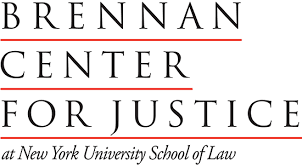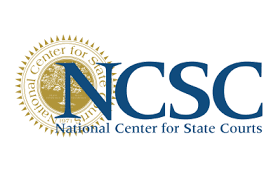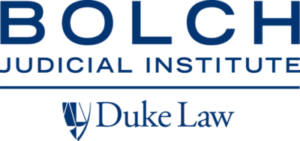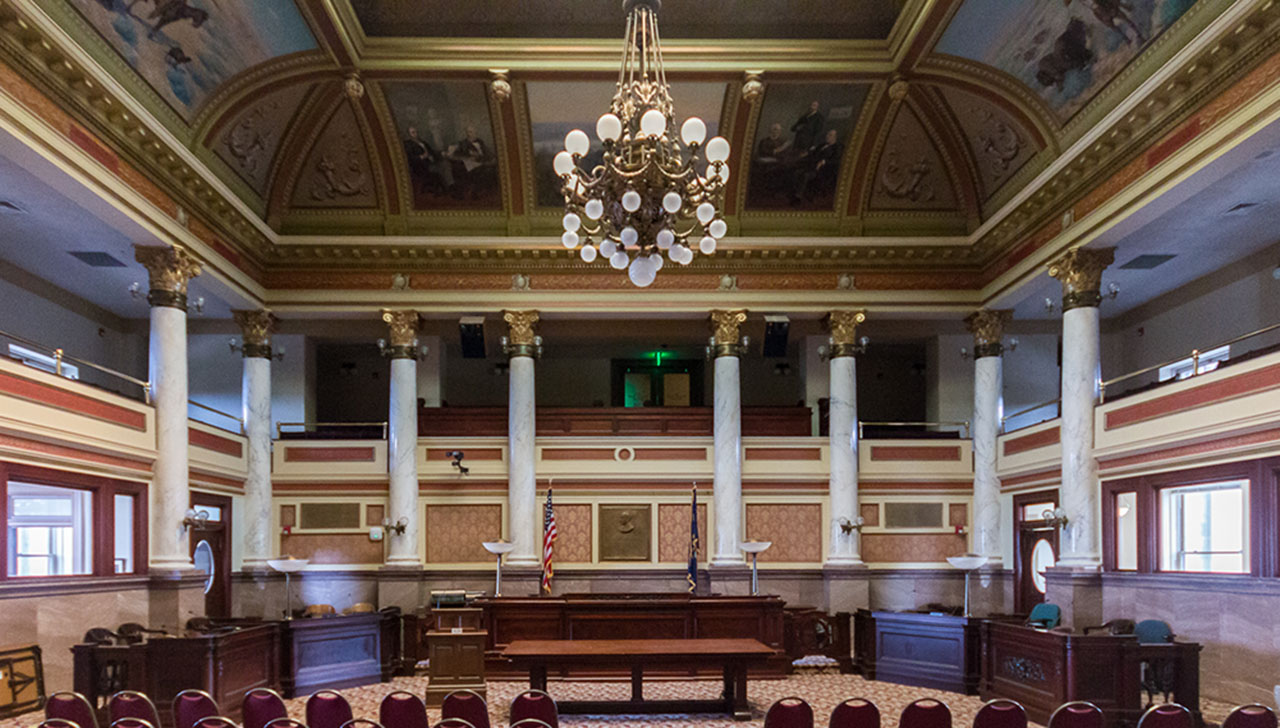
Friends of the Third Branch informs Montanans about legislative developments that impact their courts, their judges, and to protect Montana’s Constitutional system ensuring governmental checks and balances.
ABOUT US
Friends of the Third Branch was founded in 2023 by four retired Montana lawyers dedicated to protecting our judicial system and the principles of separation of powers outlined in the Constitution. Since our inception, we have actively worked to defeat proposed constitutional amendments that could undermine the courts and the judicial process.
With the help of 1,400 supporters, we are dedicated to keeping Montana’s constitutional system safe and making sure the government has checks and balances. We understand that fair and unbiased courts are crucial for protecting individual rights and delivering justice in a society with many viewpoints.
As conversations about judicial independence become more complicated, we aim to educate the public and provide clear and accurate information about threats to our judicial system. Together, we want to ensure that citizens can challenge government actions without fear, helping to create a balanced and fair society for everyone.
PARTNERS
Resources
LEADERSHIP
Betsy Brandborg
Betsy grew up in Darnestown, Maryland with most summers in Hamilton, Montana. Her family’s roots are in the Bitterroot. She graduated from American University in Washington, D.C., spent three years working for Senator Max Baucus in D.C., then attended law school at the University of Montana. Following a Montana Supreme Court clerkship, she worked in the Montana Attorney General’s Office, shifted to the Risk Management and Tort Division, and from there became the first General and Ethics Counsel at the State Bar of Montana, where she enjoyed 26 years of working with the state’s lawyers and judges.
Dennis Lopach
Dennis grew up in Great Falls and attended Catholic schools before enrolling at the University of Montana. There he studied history and political science and fretted extensively about his draft number (31). One of his favorite memories from those days is sitting in Prof. Jules Karlin’s constitutional history class the morning after Roe vs. Wade was announced. Following law school, Dennis worked for the Montana Public Service Commission and then a number of energy and telecommunications businesses in Helena, Denver, and Atlanta. Focusing on regulation and policy, Dennis held a variety of legal, regulatory, and management positions.
Mark Murphy
Born in Seattle, Mark Murphy attended Washington State University before graduating from the University of Montana School of Law in 1978. he served as an Assistant Attorney General from 1979 to 2003 and tried numerous complex criminal cases around the state. During his time with the Department of Justice, Mark worked on legislative issues involving the department’s budget, DUI, and domestic violence. He represented Montana in State v. Moore, the first time that DNA identification evidence was admitted in a criminal case. From 2003-2010, Mark served as the Chief Criminal Deputy in the Yellowstone County Attorney’s office. There, he supervised State v. Covington, in which the standards governing DNA evidence were more fully developed.
Larry Epstein
Larry grew up in North Cut Bank and is a fourth generation Montanan. He graduated from the University of Montana, served in the Navy in Vietnam, and practiced law on the Hi-Line, where he also served as Glacier County Attorney. Retiring from that job, he began lobbying for Montana law enforcement and county attorneys. Larry is an avid Lewis and Clark amateur scholar and lecturer, know for tours of the Lewis and Clark encounter site on the Two Medicine River on the Blackfeet Reservation in Montana. He has served on several history and conservation boards and actively participates in Montana politics and public service.
